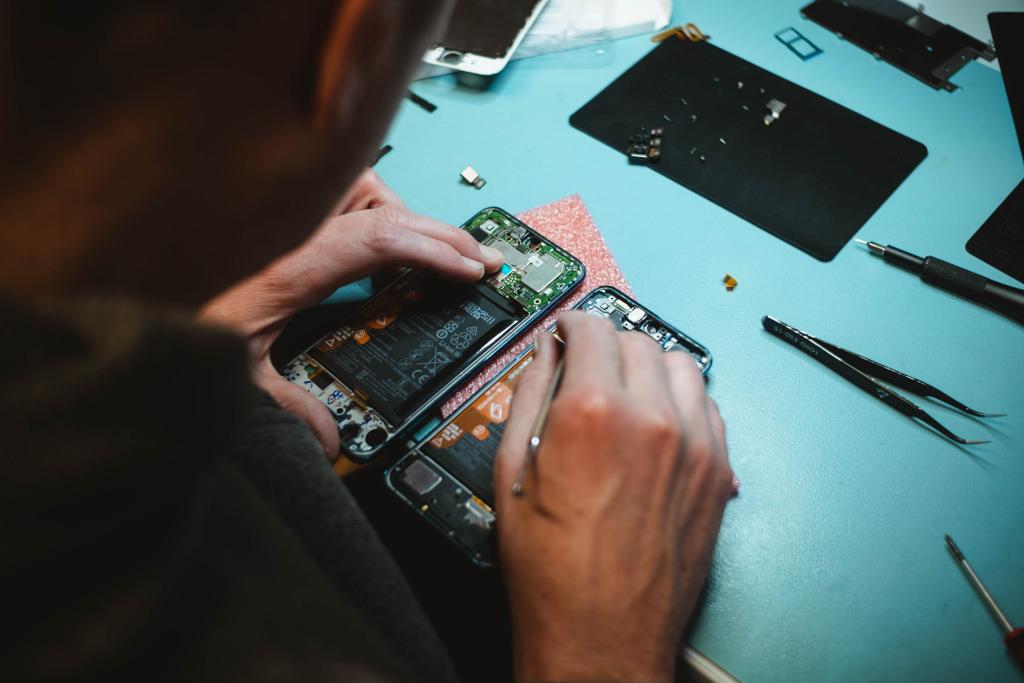- Refuse and rethink: refrain from buying products or use them more intensively.
- Reduce: manufacture more efficiently or more efficient use of products.
- Reuse: reuse or repurpose products.
- Repair, refurbish, remanufacture, repurpose: repair and reuse of materials.
- Recycle: reuse of materials through recycling.
- Recover: bringing materials or energy back in the production cycle.

The need and use of products and materials is growing worldwide. And so is the environmental impact of it. No matter how smart, efficient and circular we use them, not to use them (to ‘Refuse’) is always the option with the least impact. The lower an 'R-strategy' on the ‘R-ladder’ (1 to 6), the higher the impact. So: to ‘Refuse’ (1, refraining from products) has more impact than using things again (3, ‘Reuse’) and ‘Reuse' has more impact than extracting materials from a product and reusing them (5, ‘Recycling').
Circular Strategies
Repair as a circular strategy
Fifty years ago it was very common to repair your own stuff when when it was broken. With increasing prosperity, this habit disappeared. What is broken often disappears in the waste bin. The stock of raw materials is getting exhausted and the impact on the environment is enormous. By repairing things we keep materials in use for longer. How can we repair things more often?


